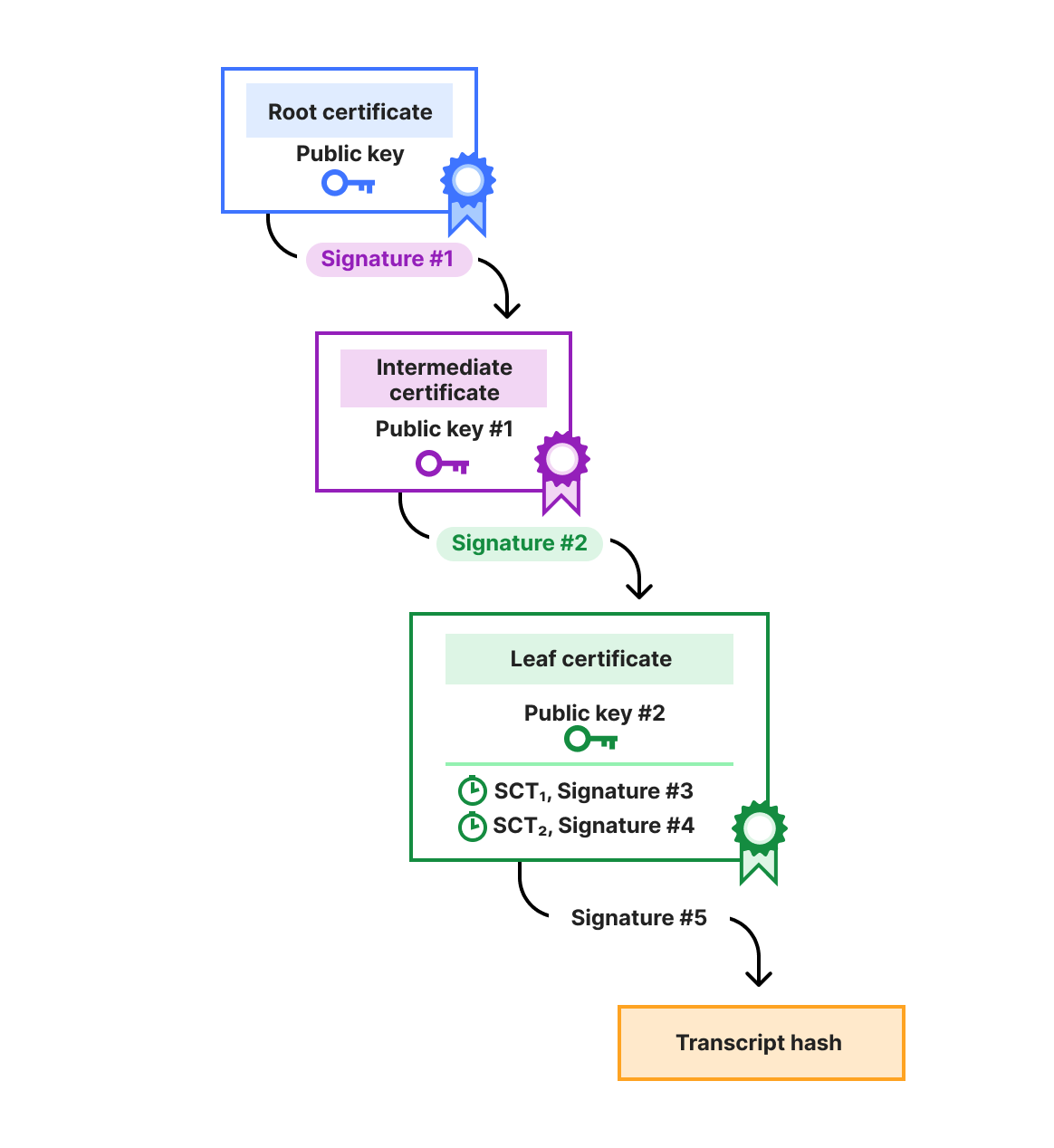
Cisco Talos’ Vulnerability Discovery & Research team recently disclosed one vulnerability in the OpenPLC logic controller and four vulnerabilities in the Planet WGR-500 router.
For Snort coverage that can detect the exploitation of these vulnerabilities, download the latest rule sets from Snort.org, and our latest Vulnerability Advisories are always posted on Talos Intelligence’s website.
OpenPLC denial-of-service vulnerability
Discovered by a member of Cisco Talos.
OpenPLC is an open-source programmable logic controller intended to provide a low cost industrial solution for automation and research.
Talos researchers found TALOS-2025-2223 (CVE-2025-53476), a denial-of-service vulnerability in the ModbusTCP server functionality of OpenPLC_v3. A specially crafted series of network connections can prevent the server from processing subsequent Modbus requests. An attacker can open a series of TCP connections to trigger this vulnerability.
Planet WGR-500 stack-based buffer overflow, OS command injection, format string vulnerabilities
Discovered by Francesco Benvenuto of Cisco Talos.
The Planet Networking & Communication WGR-500 is an industrial router designed for Internet of Things (IoT) networks, particularly industrial networks such as transportation, government buildings, and other public areas. Talos found four vulnerabilities in the router software.
TALOS-2025-2226 (CVE-2025-54399-CVE-2025-54402) includes multiple stack-based buffer overflow vulnerabilities in the formPingCmd functionality. A specially crafted series of HTTP requests can lead to stack-based buffer overflow.
TALOS-2025-2227 (CVE-2025-54403-CVE-2025-54404) includes multiple OS command injection vulnerabilities in the swctrl functionality. A specially crafted network request can lead to arbitrary command execution.
TALOS-2025-2228 (CVE-2025-48826) is a format string vulnerability in the formPingCmd functionality of Planet WGR-500. A specially crafted series of HTTP requests can lead to memory corruption.
TALOS-2025-2229 (CVE-2025-54405-CVE-2025-54406) includes multiple OS command injection vulnerabilities in the formPingCmd functionality. A specially crafted series of HTTP requests can lead to arbitrary command execution.



